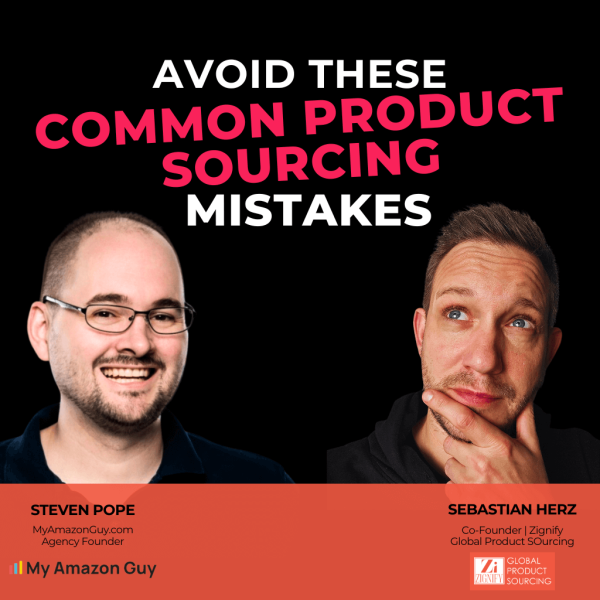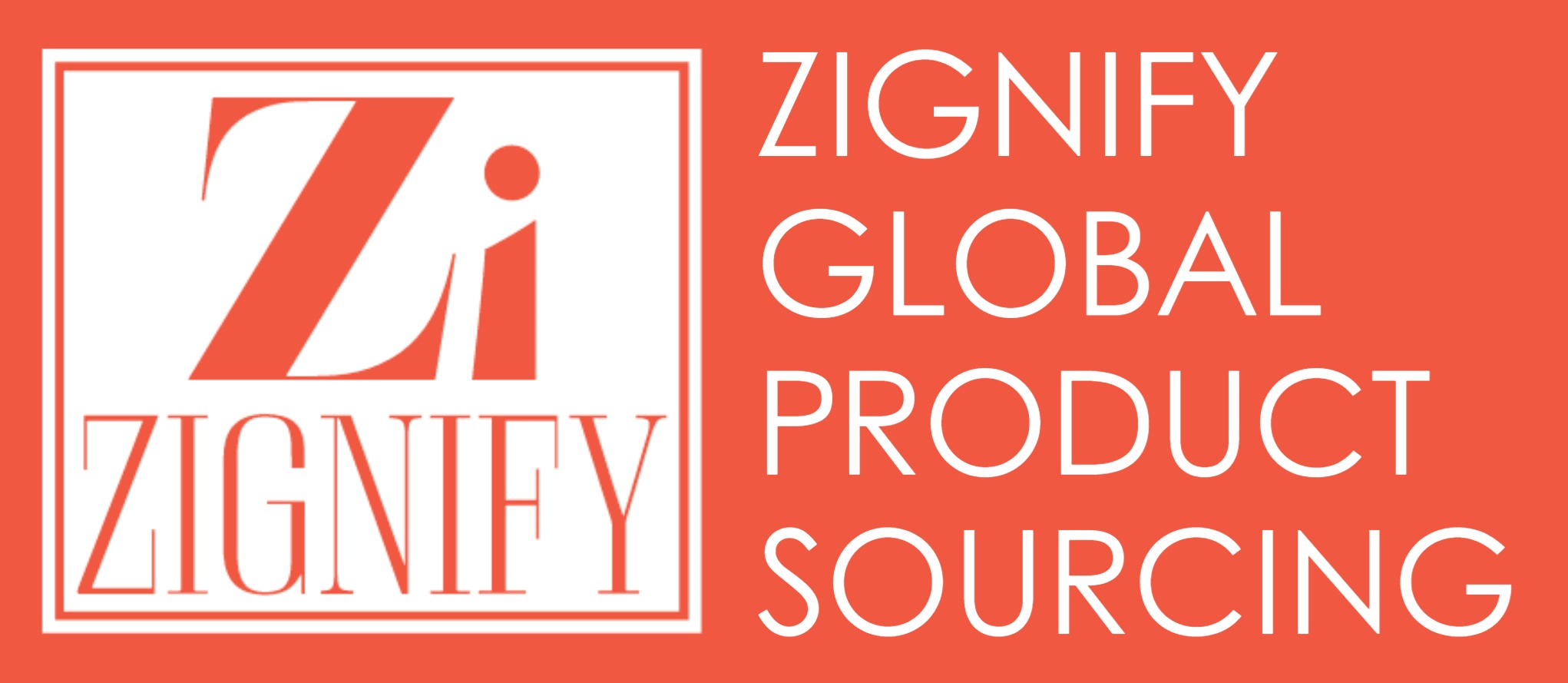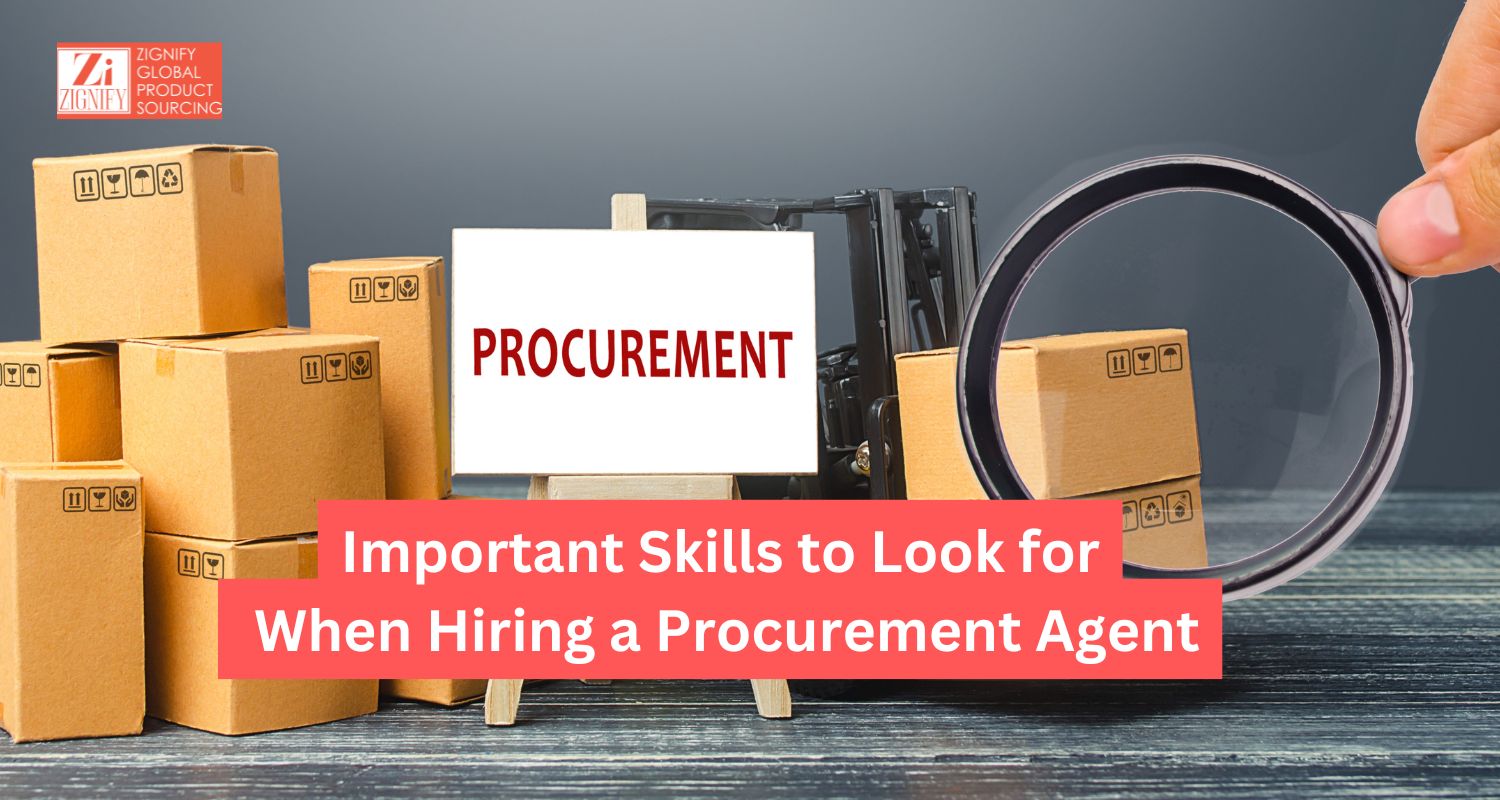
Sourcing products is a crucial aspect of running a successful business, especially in the world of e-commerce. However, many businesses make mistakes that can cost them time, money, and opportunities and, ultimately, their business’s success. Let’s dive into the top three mistakes that people often make when sourcing products and how to avoid them.
1. Not Getting Enough Quotations
One of the most common mistakes is not gathering enough quotations. Many people believe that getting two or three quotes is sufficient to start the negotiation process. However, this approach often leaves you with a limited understanding of the market. When you only have a few quotes, you may not have a clear picture of what the fair market price is, and this can lead to overpaying.
Instead, aim to gather between 30 to 60 quotations from potential producers. This might seem excessive, but it allows you to see the full spectrum of pricing—high, medium, and low. With a broader range of data, you can negotiate more effectively and secure the best possible price. This strategy not only saves money but also helps you build a stronger understanding of the market.
2. Neglecting to Re-sourcing Your Best-Selling Products
Another mistake is failing to revisit and re-sourcing your existing products, especially those that are performing well. Many sellers focus on launching new products while neglecting to optimize the sourcing of their current ones. Resourcing can lead to significant savings over time.
Imagine you have a best-selling product that you sell thousands of times a year. If you manage to reduce the cost of that product by just a few cents—whether it’s 10, 20, or even 50 cents—those savings can add up to a substantial amount over the course of a year. In fact, this approach has saved our clients over $500 million. Regularly resourcing and renegotiating the costs of your best-selling products is a key strategy for maintaining profitability.
3. Overlooking Quality Control
Quality control is a crucial step that should never be overlooked. Many people make the mistake of only performingquality checks on samples, assuming that the mass production will match the sample’s quality. This is a risky assumption that can lead to problems down the line.
Quality control should be an ongoing process. Conduct quality checks not only on the initial production run but also periodically throughout subsequent orders. Sometimes, issues only arise in the third, fourth, or even seventh order. To safeguard your business, always perform quality checks and only release the final payment once the product has passed your quality standards.
What is the biggest misconception in sourcing?
Beyond these mistakes, a common misconception among those new to the product sourcing world is believing that the process is quick and easy. Many assume that you can simply contact a producer, get a quotation, and proceed with the order. While this might work in some regions, like China, it’s far from the norm in other parts of the world.
In reality, sourcing can be time-consuming, especially outside of China. In regions like the U.S., Mexico, South America, and Europe, obtaining a quotation can require multiple follow-ups. It’s not uncommon to contact a supplier four, five, or even six times before receiving a response. This is because many established companies don’t necessarily need your business; they have been around for a long time and might not be as eager to engage with new buyers.
The key takeaway here is to be patient and persistent. Understand that sourcing is not just about buying a product—it’s about selling the idea that you are worth their time. This shift in mindset can make all the difference in successfully navigating the sourcing process.
The Best Business Advice? Learn to Delegate
As your business grows, one of the most crucial lessons you’ll learn is the importance of delegation. Many entrepreneurs, especially those with technical backgrounds, often feel the need to manage everything themselves. While this hands-on approach can be valuable early on, it eventually becomes a barrier to growth.
Dan Sullivan’s book Who Not How brilliantly captures the essence of delegation. It stresses the importance of surrounding yourself with a capable team and entrusting others to handle tasks outside your core strengths. By doing so, you free up your time to focus on what you do best, which is essential for scaling your business.
Take product sourcing, for example. In the beginning, it’s beneficial to understand the sourcing process—how to find suppliers, manage negotiations, and ensure quality. However, as your business expands, the complexities of sourcing, such as quality control, logistics, and supplier management to mention but a few, can become overwhelming. These tasks can drain your time and energy, distracting you from other critical areas of your business.
This is where delegation becomes invaluable. Partnering with a reputable sourcing company like Zignify Global Product Sourcing allows you to offload these specialized tasks to experts. They can manage the complexities of sourcing, ensuring that your products meet the highest standards while you concentrate on scaling other aspects of your business. By delegating, you not only streamline operations but also position your business for sustained success.
Final Thoughts
Sourcing products is a complex process that requires careful planning, negotiation, and quality control. By avoiding these common mistakes you can enhance your sourcing strategy and ensure long-term success. Remember, sourcing isn’t just about finding products; it’s about building relationships, securing the best deals, and continuously improving your offerings.
Ready to Take Your Product Sourcing to the Next Level?
If you’re looking to optimize your sourcing strategy and avoid these common mistakes, our expert team of sourcing agents will be of help. Visit our website to learn more about us, schedule a consultation and explore how we can assist you in achieving your business goals. Whether you’re looking to reduce costs, find reputable suppliers, improve quality, or simply get a better understanding of the market, we have the expertise to guide you through the process.




